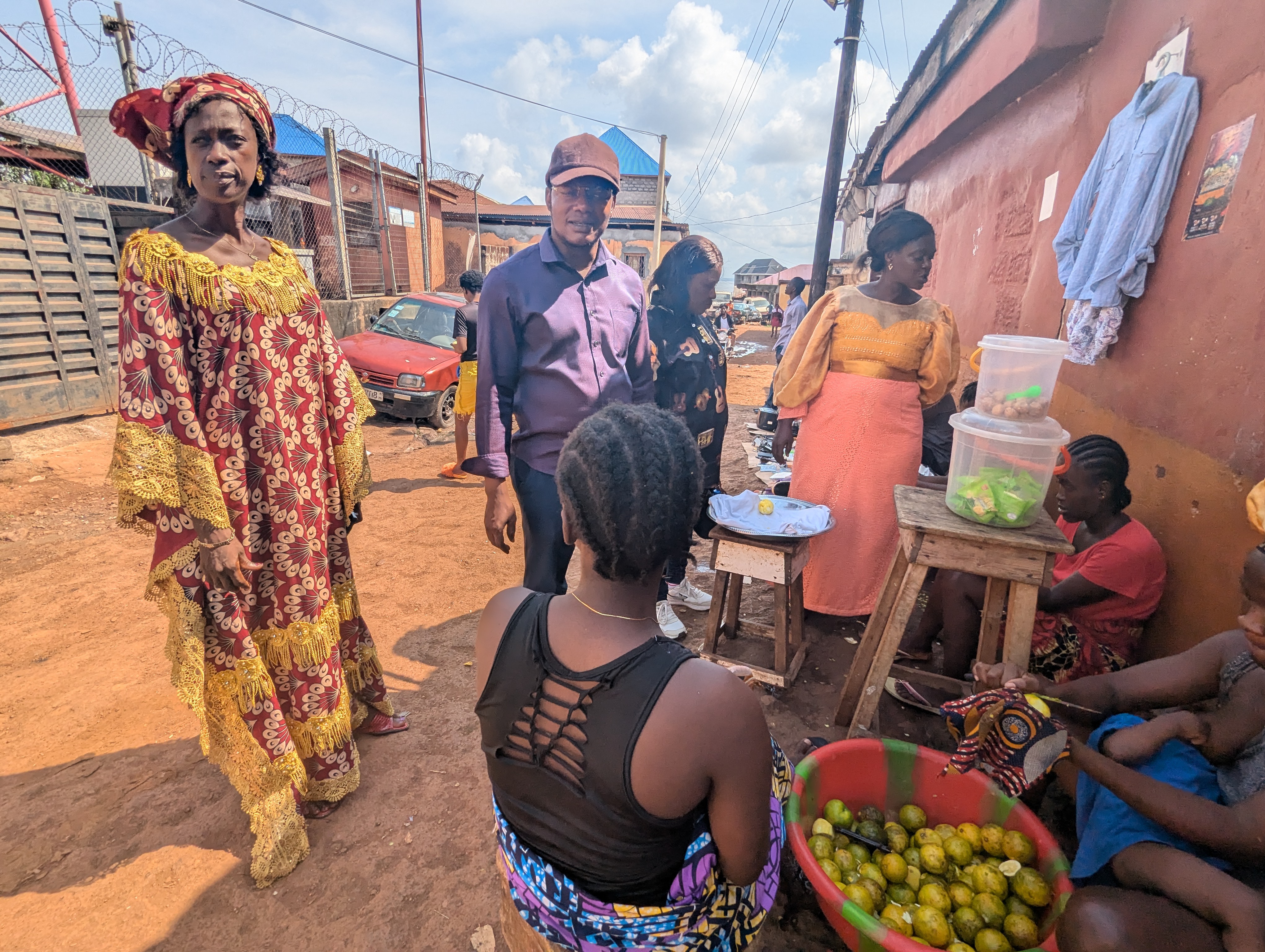Search
Region
Country
Type
La oficina subregional de IDEA Internacional para México y Centroamérica ha publicado la decimoséptima entrega del Boletín de Justicia Electoral , este número está dedicado al financimiento político.
El viernes 10 de julio se llevó a cabo la inauguración del Diplomado en Gestión Parlamentaria (DGP), una iniciativa de IDEA Internacional que se lleva a cabo en acuerdo con el Centro de Estudios Superiores de la Universidad de San Simón (CESU-UMSS) de Cochabamba y con el apoyo de la Embajada de Suecia. Este Diplomado está dirigido a jóvenes, hombres y mujeres, candidatos/as a diputados/as y senadores/as para las elecciones generales 2019 y 2020 y tendrá una duración de cinco meses.
The launch of the Diploma Course on Parliamentary Governance (DGP)—an initiative undertaken by International IDEA in conjunction with the Higher Education Center of Cochabamba’s San Simón University (CESU-UMSS), and with the support of the Swedish Embassy—took place online in Bolivia, on Friday, 10 July 2020.
International IDEA's Country Director in Myanmar Mark McDowell asks Parvinder Singh, Senior Programme Manager - Elections at International IDEA Myanmar about his experience providing technical advice to the National Election Commission of Liberia during the elections of 2014, in the shadow of the nation's Ebola pandemic.
The Constitutional Performance Assessment of the 1987 Philippine Constitution concluded that most of the technical requirements of the 1987 Constitution have been met but there has not been substantial compliance in the Philippines in terms of meeting the broader external and internal goals of the Constitution, including democratization; decentralization; social justice, human rights, and gender equality; peace and co
International IDEA’s Director for Asia and the Pacific Leena Rikkila Tamang spoke with lawyer Janet Pang about Hong Kong’s innovative protest methods in times of COVID-19 and about preparations for the September legislative council elections. This podcast was recorded on the eve of China’s legislature passing the security law to cover Hong Kong.
International IDEA is deeply saddened to learn of the sudden death of Keboitse Machangana, an indefatigable defender of democracy and women’s rights. We extend our sincere condolences to her family.
IDEA Internacional se entristece profundamente al enterarse de la repentina muerte de Keboitse Machangana, una defensora infatigable de la democracia y los derechos de las mujeres. Extendemos nuestras condolencias a su familia.
The G5 Sahel countries (Burkina Faso, Mali, Mauritania, Niger and Chad) will organize elections in 2020 and 2021.
These elections will take place in a context in which all are facing serious humanitarian and security challenges, aggravated by the fragility of their institutions. The spread of the COVID-19 pandemic and its socio-economic impacts worsen the situation and even raise questions about the possibility to organize elections in so volatile an environment.
The G5 Sahel countries—Burkina Faso, Chad, Mali, Mauritania and Niger—will organize elections in 2020 and 2021. These elections will take place in a context in which all are facing serious humanitarian and securities challenges, aggravated by the fragility of their institutions. The spread of the COVID-19 pandemic and its socioeconomic impacts worsen the situation and even raise questions about the possibility to organize elections in so volatile an environment.
NEW REPORT ON COVID-19 AND DEMOCRACY CALLS FOR URGENT MEASURES BY GOVERNMENTS AND CIVIL SOCIETY
A new report, ‘Global Democracy and COVID-19: Upgrading International Support’, was published on 15 July and highlights how some governments are using the public health crisis to further curtail democratic activities and provides recommendations for policymakers and civil society to counteract the negative impacts of COVID-19 on democracy.
The COVID-19 pandemic poses an unprecedented challenge to democracies. A new report identifies initiatives that governments and civil society need to take to rise to this challenge.
STOCKHOLM—Democracies around the world need to adopt new initiatives to ensure the lasting protection of democracy and civil liberties threatened by the COVID-19 pandemic.
In the midst of the extraordinary challenges and uncertainty stemming from COVID-19, decision-makers are under increasing pressure to determine how to manage the pandemic’s immediate impact on, and consequences for, the timing and sequencing of elections. These decisions cannot be taken lightly, as they could jeopardize public health and shape the state of democracy in their countries, states or territories for years to come.
Disclaimer: Views expressed in this commentary are those of the authors, one of whom is a staff member of International IDEA. This commentary is independent of specific national or political interests. Views expressed do not necessarily represent the institutional position of International IDEA, its Board of Advisers or its Council of Member States.
